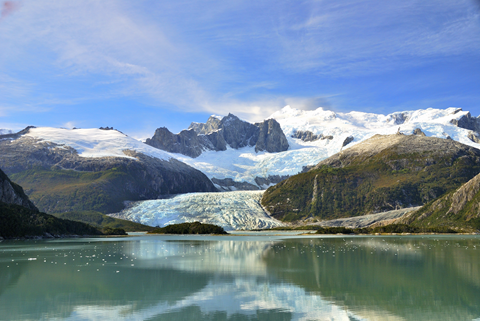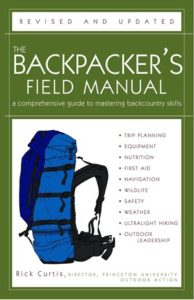It’s another year and once again my in-box is full of survey requests from well-meaning students in various outdoor education graduate programs. Over the last 10 years, I must have completed fifty of these and I am beginning to wonder about their efficacy. While I realize Master’s level work is not meant to be a “new contribution to the field,” it appears as though we have set the bar awfully low. There is worth to be had in survey style research, to be sure. Brent Bell’s “Neighborhood Project” (JEE, 33 (1), 2009) is an excellent example of this sort of research done well. But enough with the survey’s sent out by email to every Tom, Dick, and Harry that runs an outdoor program in higher education. While I am on this rant, I would also like to suggest that not every form of research needs to fall into the “pre/post” paradigm either. The scientific fetishism in the field seems rampant. Most of these studies are of dubious utility, in my mind, because population sizes are usually very small, timescales are short, and the confounding variables are numerous.
For those interested in other ways of knowing not represented by the current “evidence-based” standards colonizing educational research, I would recommend Biesta and Burbules (2003) Pragmatism and Educational Research as an alternative. It would be great if that text, or others like, were required readings in some of these programs. It would also be great to link the college or university more purposefully with the community in which it is located. More action research, place-based studies, or applied approaches would certainly be welcome.
So what would I like to see in my in-box? How about conceptual studies– one’s that explore questions of race, class, and gender in outdoor education. Or, one’s that explore the linkages between outdoor education and education for sustainability? How about the influence of Romanticism on our current thinking about the outdoors? Or, one’s that explore the links between what we are learning about the brain in relation to outdoor learning (the emerging eco-psychology field is fascinating in this regard)? How about more work that purposefully integrates outdoor education learning outcomes with K-12 schooling (Michael Gass has been a real pioneer in this sort of work at UNH)? And, if we are going to do qualitative or quantitative (or mixed methods) work moving forward, how about some longitudinal studies or ones that have a significant enough population size for results to actually matter? How about anything, really, that moves us away from the esoteric, the inane, and the shabby. As Historian Page Smith once wrote:
“the vast majority of research turned out in the modern university is essentially worthless. It does not result in any measurable benefit to anything or anybody. It does not push back those omnipresent ‘frontiers of knowledge’ so confidently evoked; it does not in the main result in greater health or happiness among the general populace or any particular segment of it. It is busywork on a vast, almost incomprehensible scale.”
To move Outdoor Education forward in this educational climate, we have an ethical obligation, I believe, to prepare our graduate students with exceptionally high standards of research methodology. So, enough with the surveys. Let’s do some real thinking for a change.


